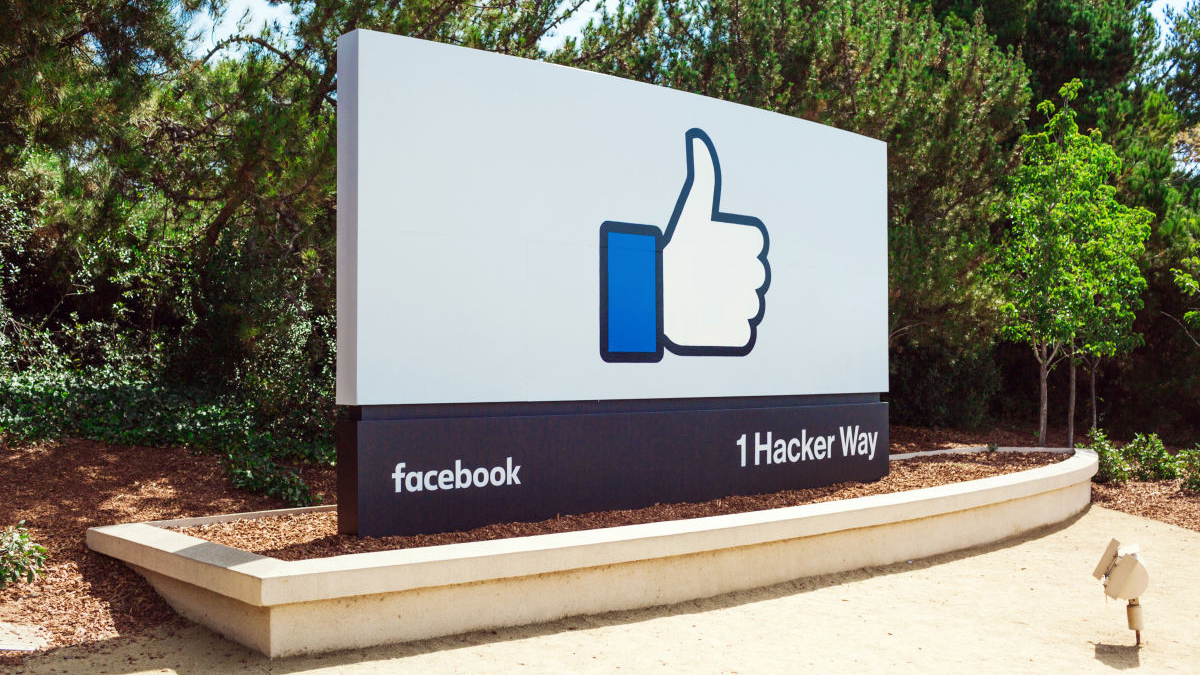Facebook Asks Court to Throw Out Antitrust Suits
Said FTC and state AGS are wrong on all counts

The smarter way to stay on top of the multichannel video marketplace. Sign up below.
You are now subscribed
Your newsletter sign-up was successful
Facebook has filed motions to dismiss the antitrust lawsuits brought by the Federal Trade Commission and state attorneys general.
Most of the nation's state attorneys general, joined by the Federal Trade Commission, last December filed a lawsuit charging that Facebook is an unlawful monopoly guilty of anticompetitive conduct.
The suit alleged the social media giant "thwarted competition and reduced consumer privacy for profit" over a decade.
Also Read: New AG Merrick Garland Has Pledged Strong Antitrust Enforcement
Facebook in its motions said the suits make no credible claim that the company's conduct harmed either competition or consumers.
Regarding the FTC suit, Facebook said the commission has not alleged a "plausible relevant" antitrust market or provided any facts that would allow a court to determine what products are in that alleged market.
As to monopoly power, no plausible allegation there either. The FTC’s complaint contains a single bare, conclusory allegation that Facebook has a market share “in excess of 60%,” which must be disregarded because it is not supported by any facts," it told the court.
The smarter way to stay on top of the multichannel video marketplace. Sign up below.
And while the FTC alleged exclusionary conduct, Facebook said that one fails the smell test, too. It said the allegation that Facebook's purchases of WhatsApp and Instagram were anticompetitive is not plausible because the FTC reviewed them both and decided to allow them to close.
Also Read: Trump Sues Facebook
The FTC and Justice are currently trying to decide whether antitrust laws and enforcement failed to capture buying up to monopoly by Big Tech companies gobbling up rivals and potential rivals before they raised red flags with regulators.
Facebook said that the claim it was required to share its proprietary platform with rivals--what in the ISP world is called "nondiscriminatory access"--is precluded by Supreme Court precedent. Then there is the fact that none of the conduct the FTC is challenging has harmed competition or consumers, it argues.
As to the attorneys general suit, let Facebook count the ways it said that one is groundless as well:
"It does not and cannot assert that their citizens paid higher prices, that output was reduced, or that any objective measure of quality declined as a result of Facebook’s challenged actions," the company said. "Instead, the states, even more explicitly than the FTC, ground their lawsuit in public policy concerns — digital privacy, for example — that are not antitrust law concerns."
And if that were not enough, it said the states lack standing even to bring the suit.
Contributing editor John Eggerton has been an editor and/or writer on media regulation, legislation and policy for over four decades, including covering the FCC, FTC, Congress, the major media trade associations, and the federal courts. In addition to Multichannel News and Broadcasting + Cable, his work has appeared in Radio World, TV Technology, TV Fax, This Week in Consumer Electronics, Variety and the Encyclopedia Britannica.

